In the digital era, content is king. High-quality content not only drives traffic to your website but also engages your audience and boosts your SEO efforts. Crafting SEO-friendly content that resonates with readers is crucial for successful content marketing. This blog explores effective content writing strategies to enhance SEO and user engagement, offering practical tips to help you create compelling and optimized content.
Understanding the Importance of SEO-Friendly Content
SEO-friendly content is designed to rank well in search engine results, driving organic traffic to your website. It involves incorporating relevant keywords, structuring content for readability, and providing valuable information that meets users’ search intent.
Key Content Writing Strategies
1. Conduct Thorough Keyword Research
Keyword research is the foundation of SEO-friendly content. It involves identifying the terms and phrases your target audience uses when searching for information related to your business.
- Use Keyword Research Tools: Tools like Google Keyword Planner, Ahrefs, and SEMrush can help you discover high-traffic, low-competition keywords.
- Focus on Long-Tail Keywords: Long-tail keywords are more specific and less competitive, often leading to higher conversion rates.
- Analyze Competitors: Study your competitors’ content to identify keyword opportunities and gaps in your own content strategy.
2. Craft Compelling Headlines
Your headline is the first impression of your content and plays a crucial role in attracting readers.
- Use Power Words: Words like “ultimate,” “proven,” and “essential” can make your headlines more compelling.
- Incorporate Keywords: Include your primary keyword in the headline to improve SEO.
- Keep it Concise: Aim for headlines that are clear and concise, ideally between 50-60 characters.
3. Optimize Content Structure
A well-structured article enhances readability and SEO.
- Use Subheadings: Break your content into sections with H1, H2, and H3 tags to improve readability and SEO.
- Short Paragraphs: Keep paragraphs short and focused, making your content easier to digest.
- Bullet Points and Lists: Use bullet points and lists to highlight key points and improve scannability.
4. Create High-Quality, Valuable Content
Quality content is essential for engaging readers and encouraging them to stay on your site longer.
- Provide In-Depth Information: Offer comprehensive information that thoroughly addresses the topic.
- Originality: Ensure your content is original and offers a unique perspective.
- Add Value: Include actionable tips, insights, and data that provide real value to your audience.
5. Optimize for SEO
Incorporating SEO best practices into your content ensures it ranks well in search engine results.
- Keyword Placement: Use your primary keyword naturally throughout the content, including in the introduction, subheadings, and conclusion.
- Meta Descriptions: Write compelling meta descriptions that include your keyword and encourage clicks.
- Internal and External Links: Link to relevant internal pages and authoritative external sources to enhance SEO and provide additional value to readers.
6. Enhance User Engagement
Engaging content keeps readers on your site longer and encourages them to interact with your brand.
- Visual Content: Include images, infographics, and videos to make your content more engaging.
- Interactive Elements: Add interactive elements like quizzes, polls, and surveys to increase engagement.
- Call to Action (CTA): Use clear and compelling CTAs to guide readers towards desired actions, such as subscribing to your newsletter or sharing your content.
7. Promote Your Content
Effective promotion ensures your content reaches a wider audience and drives more traffic to your site.
- Social Media: Share your content on social media platforms to increase visibility and engagement.
- Email Marketing: Use email marketing to distribute your content to your subscribers and encourage sharing.
- Guest Blogging: Write guest posts for reputable blogs in your industry to reach new audiences and build backlinks.
8. Monitor and Analyze Performance
Regularly monitoring your content’s performance helps you understand what works and what doesn’t.
- Analytics Tools: Use tools like Google Analytics to track metrics such as page views, time on page, and bounce rate.
- User Feedback: Collect feedback from your audience to identify areas for improvement.
- A/B Testing: Experiment with different headlines, formats, and CTAs to determine what resonates best with your audience.
Conclusion
Effective content writing is essential for boosting SEO and user engagement. By conducting thorough keyword research, crafting compelling headlines, optimizing content structure, and focusing on quality and engagement, you can create content that not only ranks well in search engine results but also resonates with your audience.
___________________________________________________________
For professional content writing services tailored to your business needs, contact us at Zomi Nexus. Let’s collaborate to create SEO-friendly, engaging content that drives traffic and boosts your brand’s online presence.












